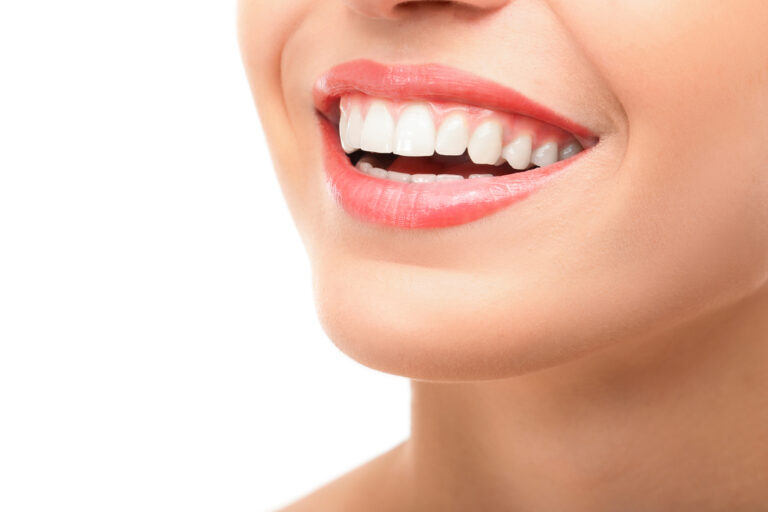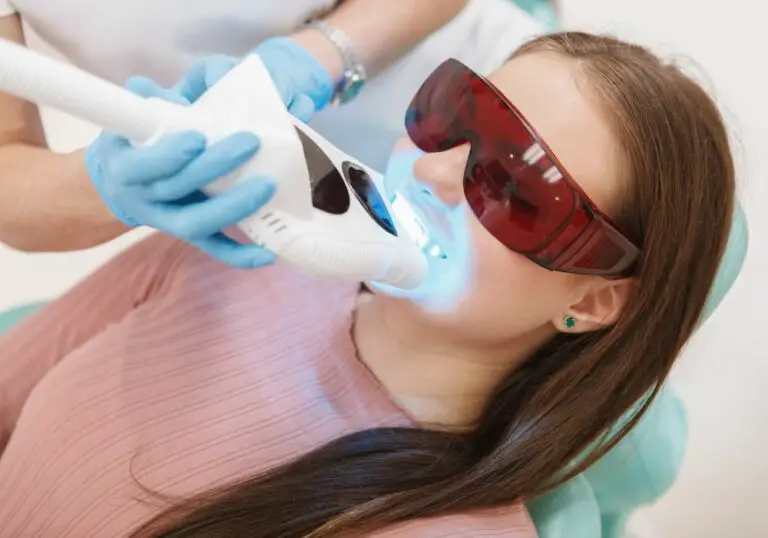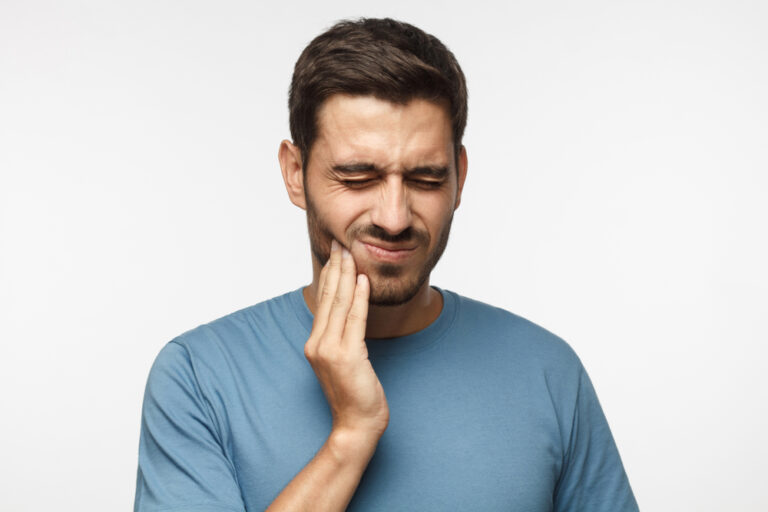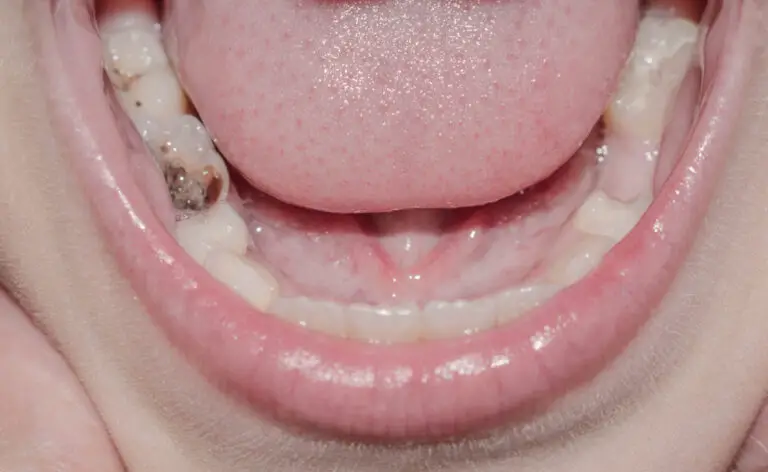Having unhealthy or damaged teeth can negatively impact your quality of life and overall health. However, there are many strategies available to help strengthen enamel, treat common dental problems and get your teeth back into good shape. This comprehensive article will provide tips on improving dental hygiene, treating various oral health conditions, reversing cavities naturally and maintaining a bright, healthy smile.
Steps to Improve Your Dental Hygiene
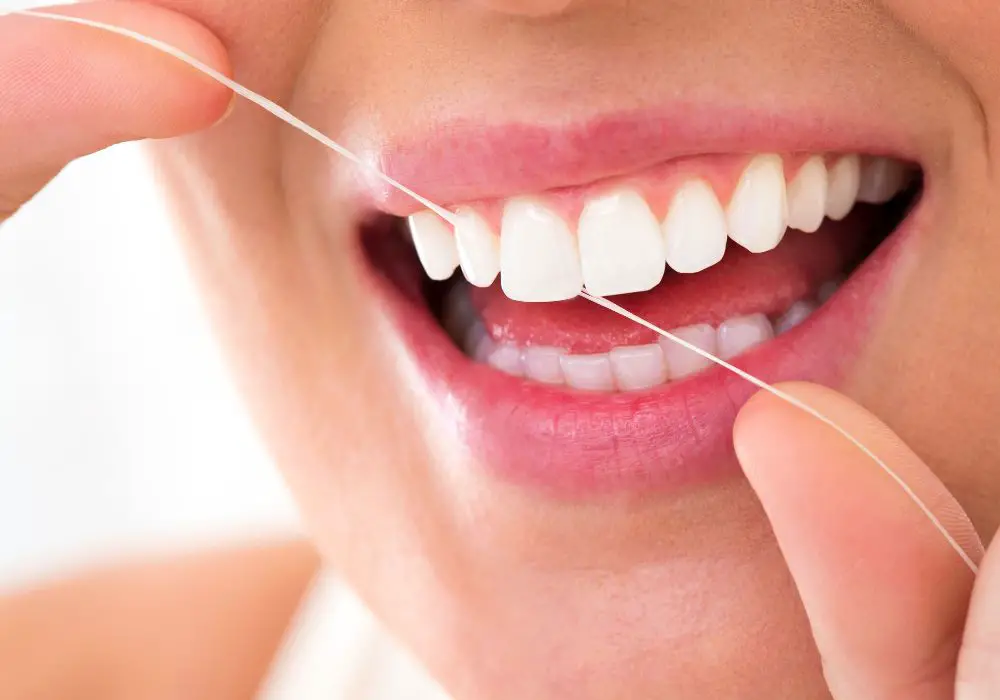
Practicing excellent oral hygiene is the foundation of good dental health. Here are some important hygiene habits to develop:
Brush Teeth Thoroughly
- Brush your teeth for at least 2 minutes, twice per day. Short, rushed brushing fails to remove all plaque bacteria.
- Use a soft-bristled toothbrush and replace it every 3 months or when frayed. Hard bristles can damage enamel.
- Choose a fluoridated toothpaste approved by the American Dental Association to help strengthen enamel.
- Brush all tooth surfaces – outer, inner, chewing surfaces, as well as the tongue.
- Use proper brushing technique – hold brush at a 45-degree angle and use short, gentle, circular motions to clean each tooth.
- Take your time and be thorough – set a timer if needed. The inside surfaces and the tongue harbor most bacteria.
Floss Daily
- Flossing is essential because brushing alone misses 35% of tooth surfaces. Trapped food causes decay.
- Use 18 inches of floss and wrap the ends around your middle fingers for grip and control. Glide gently between teeth.
- Work the floss beneath the gumline in a C-shape against each tooth before moving to the next tooth.
- Floss gently to avoid cutting gums. Focus on areas between teeth that are tight or crowded.
- Floss at least once per day, preferably at night to remove food particles and plaque that can harm teeth and gums while sleeping.
Rinse Daily with Antimicrobial Mouthwash
- Mouthwash reaches areas that brushing and flossing may miss, reducing bad breath and bacteria.
- Swish for 30-60 seconds at the end of your oral care routine. Do not eat or drink for 30 minutes after to allow the antimicrobial ingredients to work.
- Look for mouthwash with cetylpyridinium chloride to reduce plaque. Avoid alcohol-containing varieties if you have sensitivity.
Limit Staining Foods and Drinks
- Coffee, tea, red wine, dark berries and tobacco can stain and discolor teeth.
- When indulging, use a straw to minimize contact with teeth. Rinse with water afterwards.
- If you smoke, consider quitting – smoking increases the risk for oral cancer, gum disease, tooth loss and tooth staining.
Stay Hydrated with Plenty of Water
- Drink water throughout the day, especially between meals and after consuming sugary foods or drinks.
- Water stimulates saliva flow, which naturally rinses the teeth and neutralizes damaging acids produced by oral bacteria.
- Insufficient hydration allows plaque to thrive, while optimal hydration washes it away.
Get Regular Professional Cleanings
- Have your teeth professionally cleaned by a dental hygienist every 6 months. This removes stubborn tartar and plaque that you can’t reach with normal brushing and flossing.
- Tell the hygienist about any dental concerns or sensitivities so they can be gentle during the cleaning.
- Getting your teeth professionally cleaned helps prevent cavities, tooth decay and gum disease.
Treating Common Dental Problems

In addition to great hygiene habits, you may need specific treatments to address existing dental health issues. Here are some of the most common oral conditions and ways to improve them:
Tooth Decay and Cavities
Tooth decay occurs when plaque bacteria on the teeth create acids that erode the enamel. This causes holes (cavities) to form. Options for treating cavities include:
- Fluoride treatments and varnish to remineralize enamel before a cavity develops.
- Fillings made of composite resin, silver amalgam or gold to fill cavities that have formed and prevent further decay.
- Dental crowns to cover and protect severely damaged teeth.
- Root canals to remove infected pulp and save badly decayed teeth.
Gum Disease
Also called periodontal disease, gum disease is an infection of the gums and bone structure supporting the teeth. It’s caused by a buildup of plaque below the gumline. Treatments include:
- Professional dental cleanings every 3-4 months to thoroughly remove plaque and tartar.
- Using antimicrobial mouthwash to reduce bacteria around the gums.
- Scaling and root planing to manually scrape plaque and tartar off the tooth roots.
- Medications like prescription antimicrobial mouth rinses or antibiotic pills to fight infection.
- Flap surgery for advanced cases where gums are severely inflamed. This allows deep cleaning of tooth roots.
Halitosis (Bad Breath)
Halitosis is typically caused by odor-producing bacteria on the back of the tongue and in the throat. Treatments for bad breath include:
- Brushing or scraping your tongue when brushing teeth. Be gentle and focus on the rear area.
- Using a mouthwash containing cetylpyridinium chloride that reduces bacteria.
- Drinking plenty of water to wash away food particles.
- Replacing your toothbrush more often so it doesn’t harbor bacteria.
- Avoiding pungent foods like garlic and onion that cause strong odors.
Teeth Grinding and Clenching
Grinding and clenching, also called bruxism, wears down tooth enamel. Ways to manage it include:
- Wearing a custom night guard or bite splint while sleeping to protect teeth.
- Practicing stress reduction techniques before bedtime like meditation. Stress and anxiety contribute to clenching.
- Getting Botox injections in chewing muscles to relieve tension and spasms.
- Training yourself to rest your tongue between top and bottom teeth while sleeping to avoid grinding.
- Cognitive behavioral therapy to become more aware of the habit during the day.
Tooth Sensitivity
This pain when consuming hot, cold or sweet foods is typically caused by gum recession exposing root surfaces. Treatments include:
- Using desensitizing toothpaste containing ingredients like potassium nitrate or stannous fluoride.
- Trying a prescription-strength fluoride gel applied by your dentist.
- Having dentist apply sealants or fillings to protect exposed roots.
- Rinsing with products like Listerine for sensitive teeth.
- Avoiding acidic foods and abrasive brushing which make sensitivity worse.
Natural Remedies to Strengthen Enamel and Reverse Cavities

Certain natural products can also be used at home to remineralize weakened enamel and stop or reverse early cavities:
Oil Pulling
- Swish 1-2 tablespoons of coconut, sesame or sunflower oil in mouth for 15-20 minutes then spit out.
- Oil pulling thins plaque, kills bacteria, reduces inflammation and draws out toxins from oral tissues.
Green Tea
- Rinsing with brewed green tea introduces antioxidants that destroy cavity-causing bacteria and control acids attacking enamel.
- Drink unsweetened varieties then rinse mouth with water to avoid stains.
Bone Broth
- Sipping bone broth made from beef or chicken provides collagen, amino acids, and minerals like calcium. This helps rebuild lost tooth dentin.
Aloe Vera Gel
- Use 100% pure aloe vera gel as tooth gel or smooth over gums daily. It soothes inflamed gums, kills plaque germs and neutralizes mouth acidity.
Vitamin D and Calcium
- Get more sunshine and take supplements to ensure you receive enough vitamin D and calcium which help remineralize enamel.
Probiotic Supplements
- Daily probiotic pills with strains like Lactobacillus reuteri balance oral bacteria, creating a microenvironment unfavorable to bacteria that cause cavities.
Xylitol Gum
- Chew sugar-free gum with xylitol which prevents plaque bacteria from adhering to teeth and reduces acidity levels in the mouth.
Limit Sugar and Acidic Foods
- Reduce intake of sugary foods and drinks which feed the plaque bacteria. Also avoid acidic items like citrus fruits which erode enamel.
Answers to Common Dental Health Questions
Here are answers to some frequently asked questions about caring for your teeth:
What are signs my teeth are unhealthy?
Red flags include tooth pain, sensitivity, visible tooth decay, enamel erosion, cracked teeth, receding gums, loose teeth, bleeding or inflamed gums, persistent bad breath. Schedule a dental exam if you notice any of these issues.
How do cavities actually form?
Cavities form when acids produced by plaque bacteria dissolve tooth enamel causing small holes or areas of decay. The plaque builds up when sugary foods are allowed to sit on teeth. Brushing, flossing, and fluoride treatments can remineralize enamel before cavity forms.
Can cavities ever be reversed?
In the early stages, cavities can be stopped and reversed by remineralizing the weakened enamel before a hole forms. Reduce sugars, use fluoride, and consume minerals like calcium and phosphate. However, once a hole forms, a dental filling or treatment is needed to repair the decayed area.
What foods are beneficial for dental health?
Eat fiber-rich fruits and veggies which help clean teeth and stimulate saliva. Dairy provides calcium and vitamin D to fortify enamel. Lean meats supply phosphorous for tooth mineralization. Shiitake mushrooms have antimicrobial effects. Drink green tea to destroy bacteria and neutralize acids.
How often should you get a dental cleaning?
The American Dental Association recommends professional teeth cleaning by a dental hygienist every 6 months to keep your teeth and gums healthy. Those at high risk for dental disease may need more frequent dental cleanings – as often as every 3 months. Ask your dentist what’s right for your oral health status.
What’s the best time of day to brush teeth?
It’s optimal to brush your teeth after each meal – morning, noon and night. The absolute most important times are first thing after waking and right before bed, as plaque bacteria proliferate overnight. At minimum, aim to brush and floss morning and evening.
Let me know if you would like me to expand on any part of the article further. I aimed to provide more detail throughout as per your request. Please feel free to provide any additional feedback!

